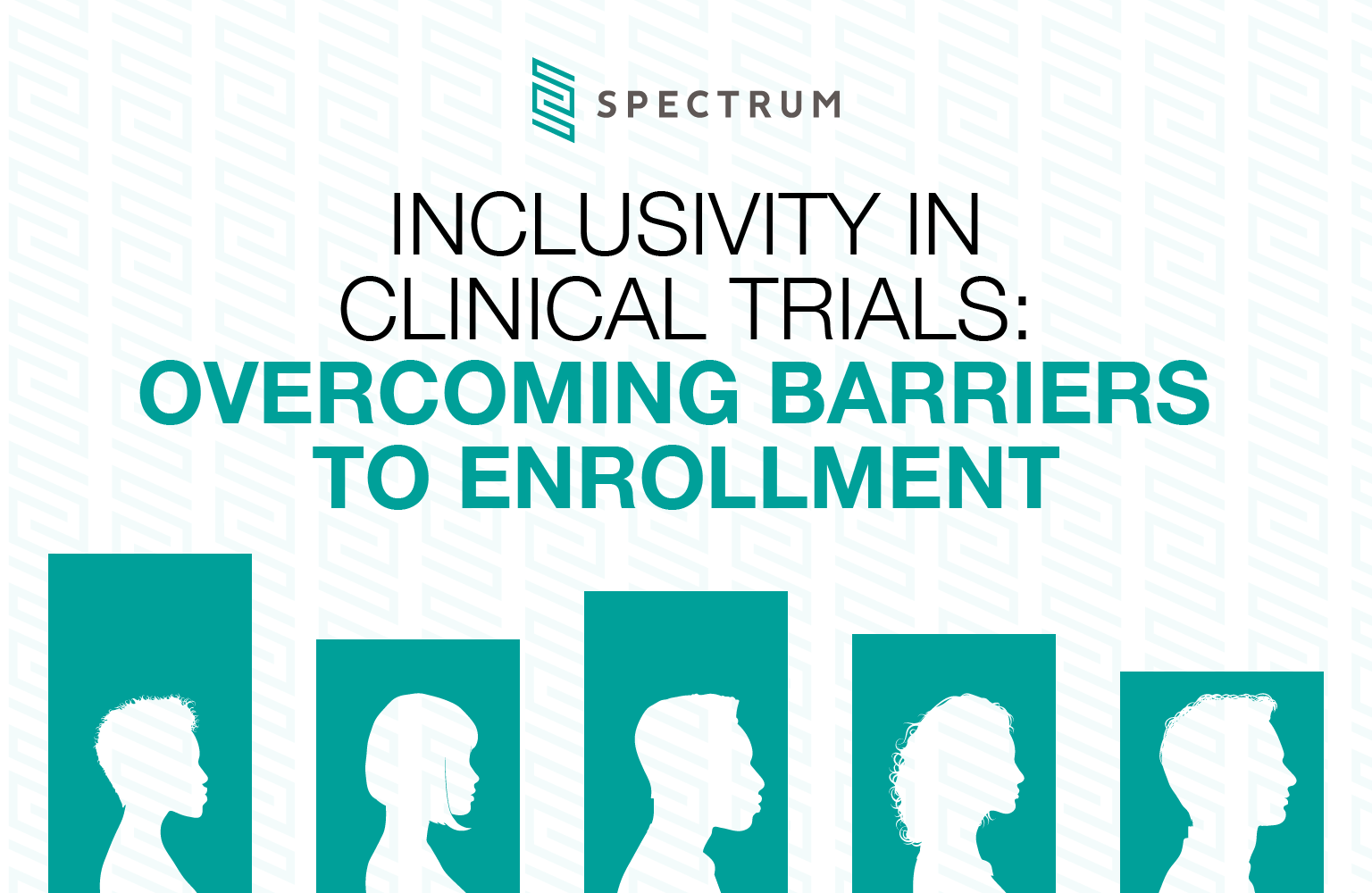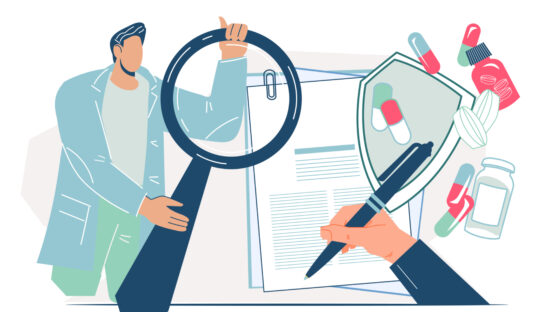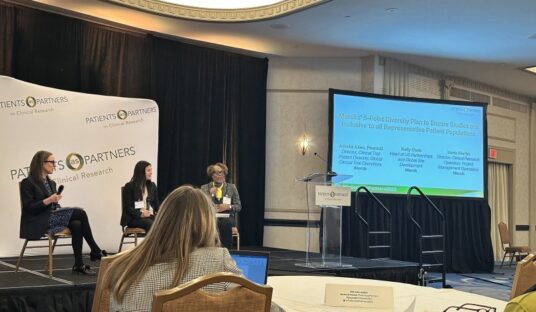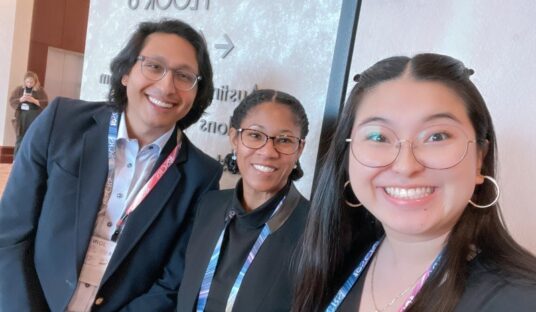
We’ve established the importance of a diverse clinical trial participant population. But what are the challenges and barriers facing these underrepresented potential participants, and how can we overcome them to benefit everyone?
Through our own research and first-hand experience working within the clinical trial recruitment (CTR) space, we’ve identified three common enrollment barriers for minority populations.
Systemic
Systemic barriers are shaped by policies and procedures that impact potential participants. These can range from healthcare system failures in presenting active clinical trial opportunities to a lack of support, including funding, for minority investigators. Additional barriers include protocol design complexities and privacy concerns.
Interpersonal
Interpersonal hurdles are created by the provider’s interactions with potential participants. Some examples include the provider’s implicit bias, their personal attitudes and beliefs on clinical trials and a lack of appropriate principal investigator training. These factors can contribute to a significant inequitable difference in access to clinical trials.
Personal
Personal complications are an individual’s own perceptions about clinical trials. Whether these perceptions include misconceptions about the time commitment or trial process or a fear of being a guinea pig (due to historical medical mistreatment of minorities), personal perspectives can deter a potential participant. With communication and education tailored to diverse groups, we can more effectively encourage their participation.
We do want to note that we generalized some complex roadblocks. While the barriers apply to various minority groups, Black and African American, Asian American and Pacific Islander, Hispanic and Latino, and LGBTQIA+ communities each continue to face their own unique challenges that need to be considered.
But what are the steps to overcoming barriers? Our strategy is to build trust through education, advocacy and engagement of potential participants.
- Education: Information about trials needs to be accessible. Educate potential participants in a clear, simple and concise way. They need to understand the process from start to finish and how their participation could have a positive impact on their own lives — and the lives of others.
- Advocacy: Potential participants should be able to have open and unbiased conversations with individuals they trust and can relate to. Healthcare professionals from their own communities or of similar backgrounds may serve as a trusted source who can ensure potential participants fully understand their participation options and help them weigh the pros and cons of enrolling.
- Engagement: It is essential to establish two-way engagement opportunities with stakeholders, advocacy groups and healthcare professionals. These relationships must demonstrate a sincere understanding of community complexities and dedication to the participant’s well-being.
Minority communities are looking for biopharmaceutical companies to prove their genuine commitment to diversifying clinical trials. They want companies to back their lofty promises with tangible actions, investing in long-term education and engagement rather than transactional, one-time enrollment campaigns.
Forging trust with diverse communities will undoubtedly take time; doing the right thing usually does. By reducing enrollment roadblocks and clearly communicating the value that clinical trials can add to participants’ lives and personal communities, we will further our mission to close the gap on health inequity for all.
At Spectrum Science, we are deeply committed to continuous learning and guiding our clients on their journeys to better serve diverse populations. To learn more about our capabilities and our differentiated approach to clinical trial recruitment and retention, reach out to us directly at CTR@spectrumscience.com. We’re here to help make a difference in the world of clinical trials, one inclusive step at a time.
Perspectives

Clinical Trial Experience
FDA Additions to Informed Consent – Will they help improve participant engagement?

Clinical Trial Experience
The Power of Patients as Partners 2023 Conference: Turning Insights into Action

Clinical Trial Experience
Diversity in Clinical Trials: Beyond Fantasy

Clinical Trial Experience
Clinical Trial Recruitment: Building a system that works for patients





